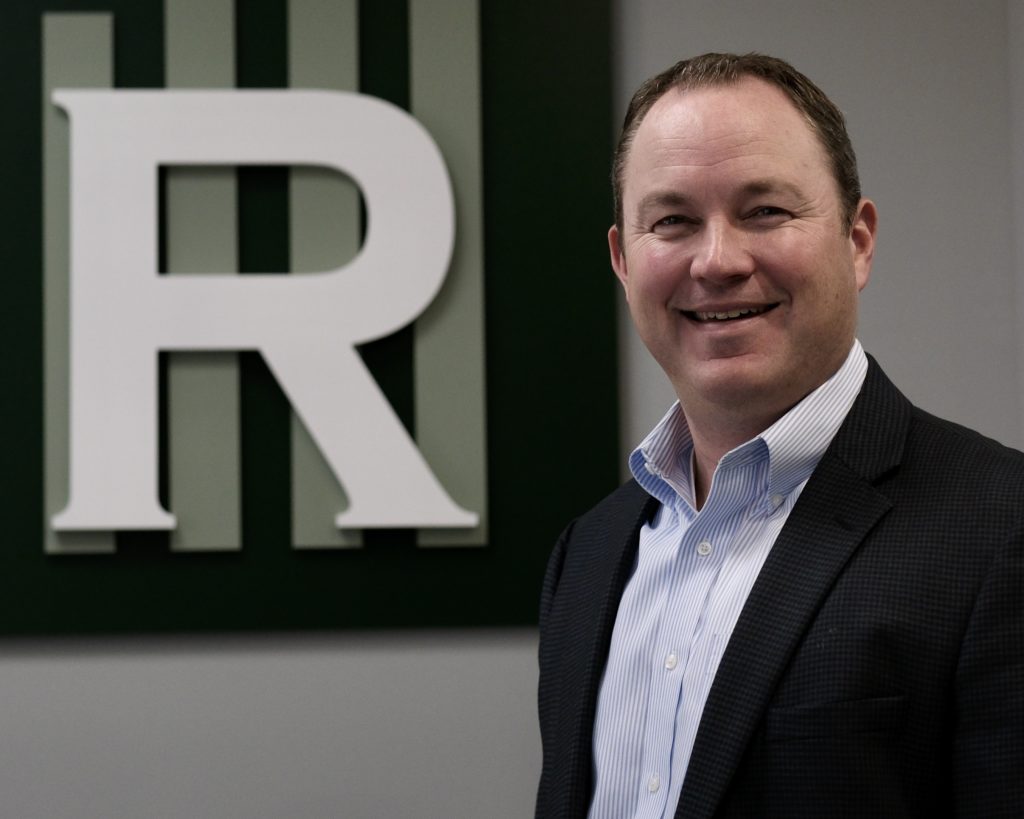Dentists Seeking Options for Reinvestment Upon Selling Practice

Both 1031 DST (Delaware Statutory Trust) and Opportunity Zone investments offer tax-advantaged strategies for individuals, including dentists, looking to sell a practice and reinvest the proceeds. However, they are distinct programs with different eligibility criteria and tax benefits. Let's compare them:
-Adam Stalnaker
1031 DST Exchange
- Purpose: The 1031 exchange allows investors to defer capital gains taxes when selling one investment property and reinvesting the proceeds into a like-kind property.
- Eligibility: Dentists selling their practice can potentially use a 1031 exchange if the practice is considered real property. However, this may require some legal structuring and may not be applicable in all cases.
- Investment Flexibility: Dentists can reinvest in a wide range of real estate properties, including commercial, residential, or even fractional ownership in a DST.
-
Tax Benefits:
• Capital Gains Tax Deferral: Dentists can defer capital gains taxes on the sale of their practice until they sell the replacement property.
• Potential Step-Up in Basis: If the dentist holds the replacement property until death, their heirs may receive a step-up in basis, potentially avoiding capital gains taxes altogether. - Complexity: 1031 exchanges can be administratively complex and require strict adherence to IRS rules and timelines.
*To qualify as an accredited investor, a person currently must have at least $200,000 in personal income, or $300,000 for combined incomes, for two consecutive years. People with a net worth of more than $1 million jointly or with their spouse, excluding the value of their home, also qualify.
Opportunity Zone Fund
- Purpose: The Opportunity Zone program was created to incentivize long-term investment in economically distressed areas by offering tax benefits to investors.
- Eligibility: Dentists can invest capital gains from selling their practice into an Opportunity Zone Fund, which then invests in designated Opportunity Zones. The practice sale itself doesn't need to be in an Opportunity Zone.
- Investment Flexibility: Opportunity Zone investments are typically made in real estate development or businesses within designated economically distressed areas.
-
Tax Benefits:
• Capital Gains Tax Deferral: Dentists can defer paying taxes on the capital gains from selling their practice by reinvesting in an Opportunity Zone Fund within 180 days.
• Reduction of Capital Gains: If the investment is held for specific timeframes (e.g., 5 or 7 years), there can be reductions in the capital gains tax owed.
• Tax-Free Gains on Opportunity Zone Investment: If held for at least 10 years, any gains generated from the Opportunity Zone investment can be tax-free. - Complexity: Opportunity Zone investments have specific requirements including a focus on the location of the investment and the timing of the capital gains reinvestment.
*To qualify as an accredited investor, a person currently must have at least $200,000 in personal income, or $300,000 for combined incomes, for two consecutive years. People with a net worth of more than $1 million jointly or with their spouse, excluding the value of their home, also qualify.
Ready to Learn More?
Contact Us
Accredited Investor - Interest Form
- Purpose: The 1031 exchange allows investors to defer capital gains taxes when selling one investment property and reinvesting the proceeds into a like-kind property
- Eligibility: principal and capital gains of the real estate sale.
- Investment Flexibility: Dentists can reinvest in a wide range of real estate properties, including commercial, residential, or even fractional ownership in a DST.
-
Tax Benefits:
• Capital Gains Tax Deferral: Dentists can defer capital gains taxes on the sale of their practice until they sell the replacement property.
• Potential Step-Up in Basis: If the dentist holds the replacement property until death, their heirs may receive a step-up in basis, potentially avoiding capital gains taxes altogether. - Complexity: 1031 exchanges can be administratively complex and require strict adherence to IRS rules and timelines.

